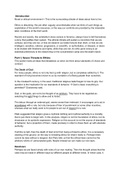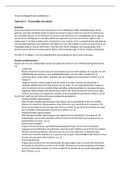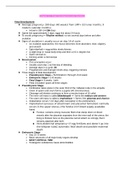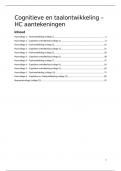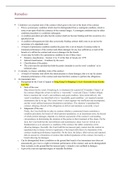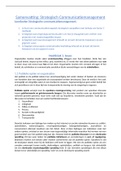Samenvatting
Samenvatting Being Good: A Short Introduction to Ethics, ISBN: 9780191647314 Philosophy Of Science And Ethics (GEO2-2142)
- Instelling
- Universiteit Utrecht (UU)
Samenvatting van 'Being Good', een korte introductie in de Ethiek. Verplichte literatuur voor het vak Philosophy of Science and Ethics aan de UU.
[Meer zien]
